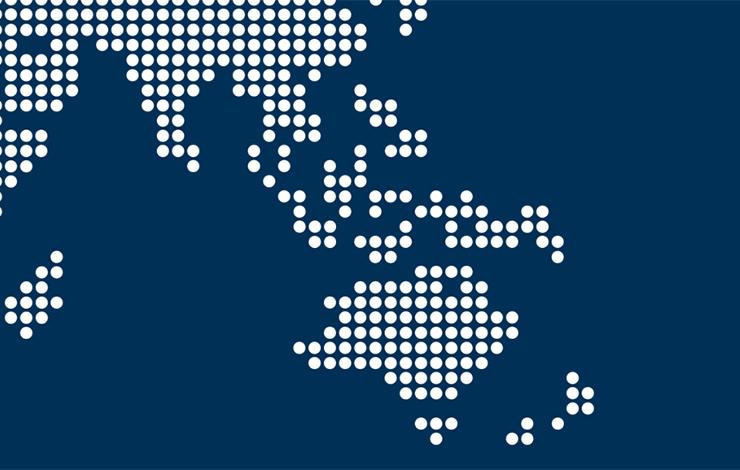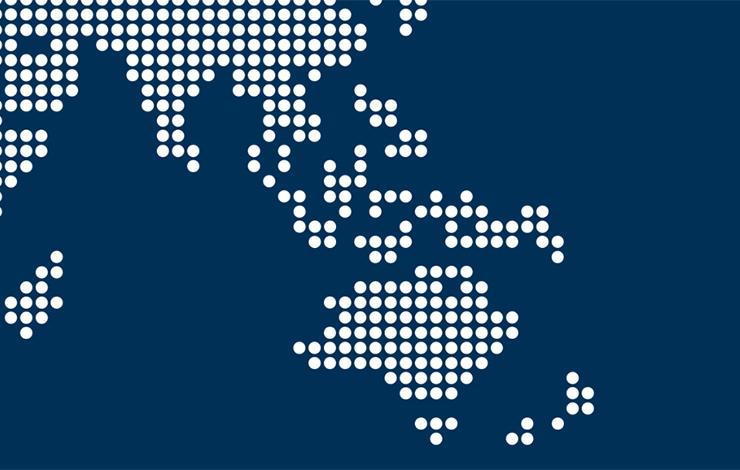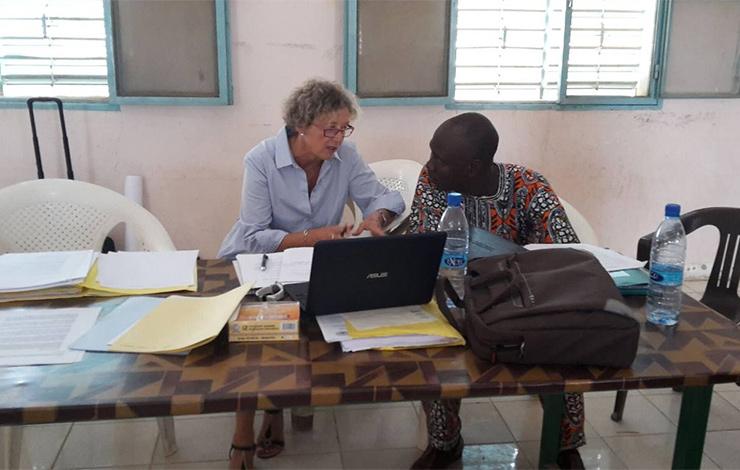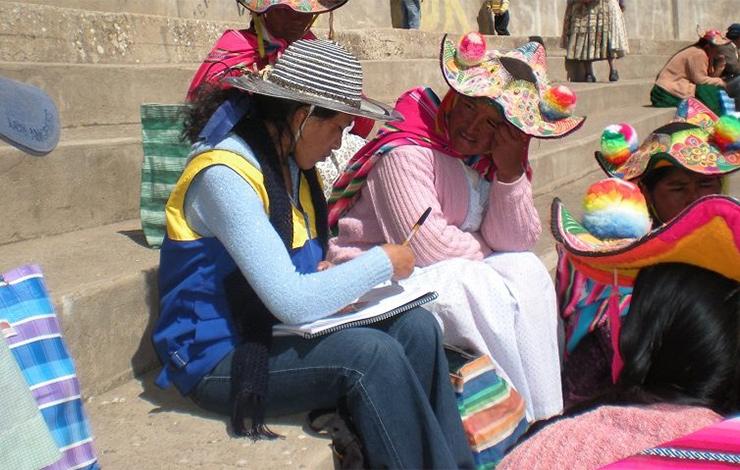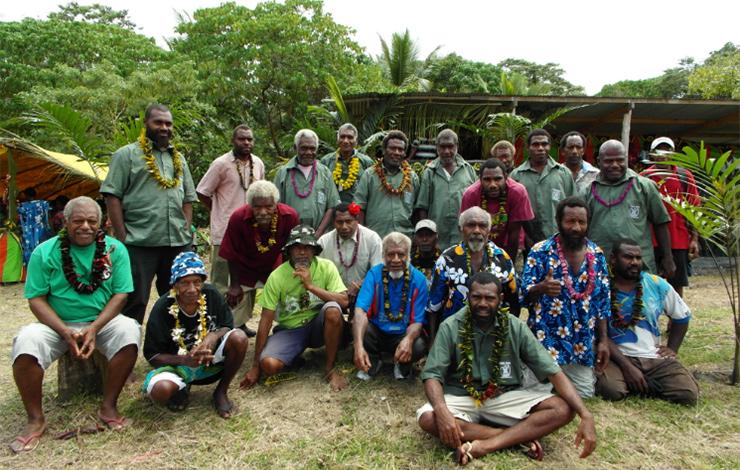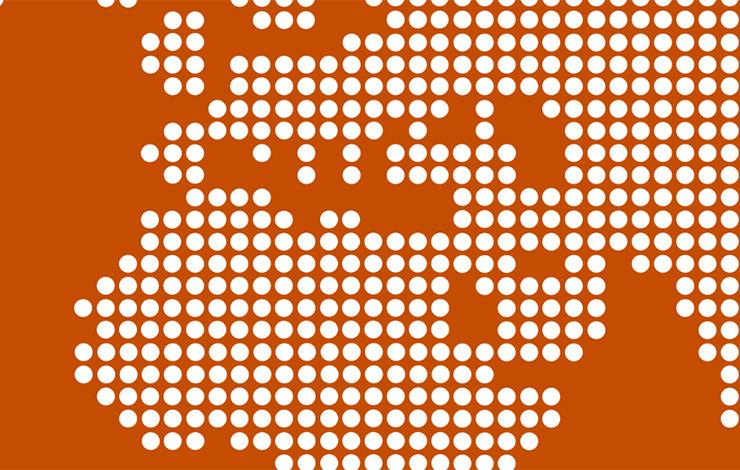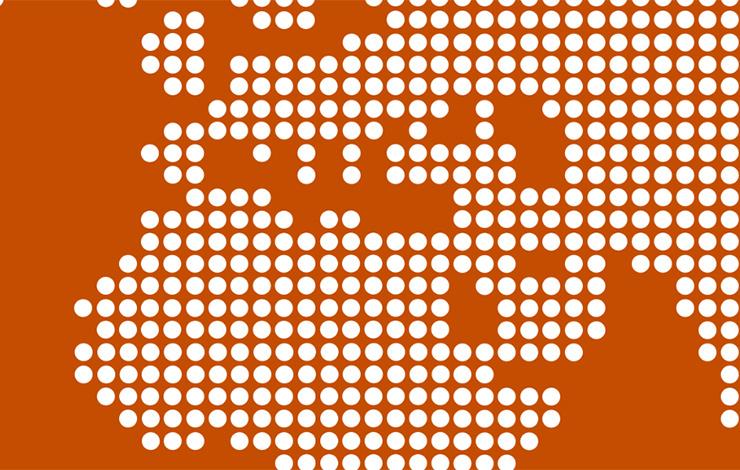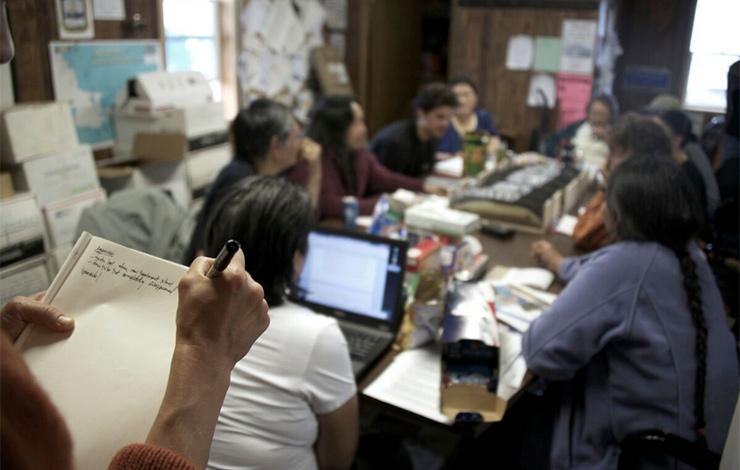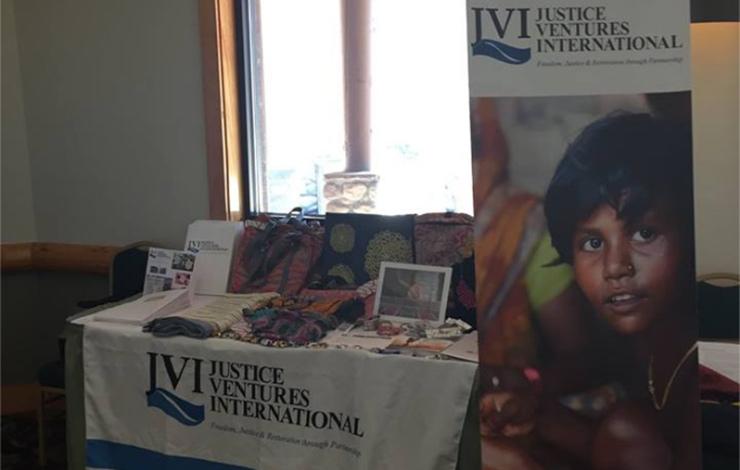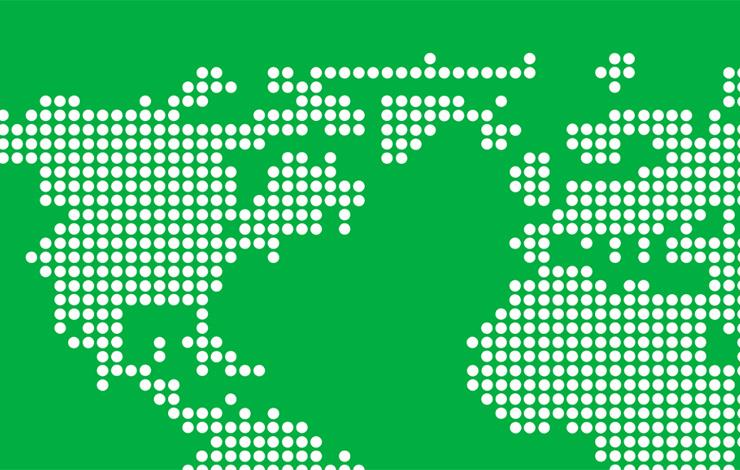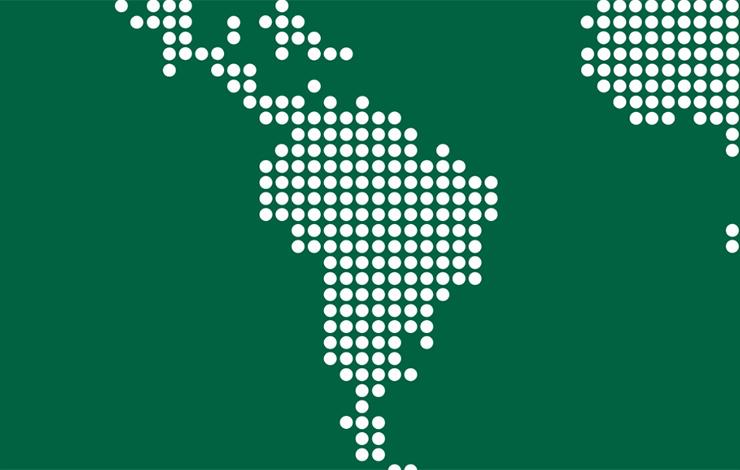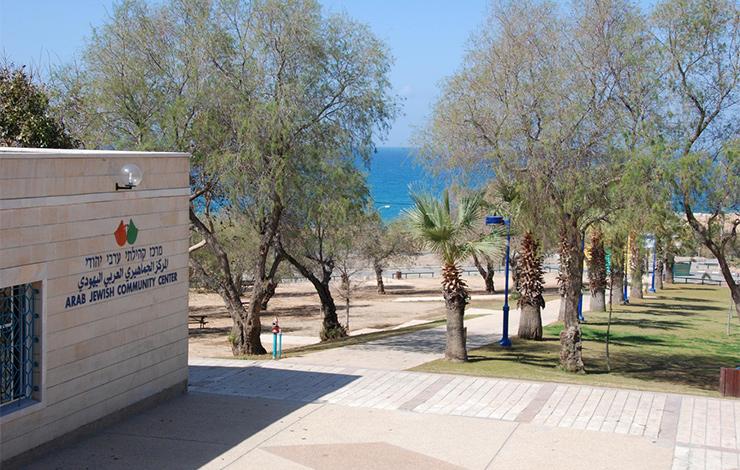Informal Justice* concerns the role played in many countries by customary and ‘informal’ systems of justice – including traditional, tribal, and religious courts, and community-based systems – in resolving disputes. These systems often play a large role in cultures in which formal legal institutions fail to provide effective remedies for large segments of the population, or when formal institutions are perceived as remote, corrupt, or ineffective. This factor covers three concepts: whether these dispute resolution systems are timely and effective (9.1), whether they are impartial and free of improper influence (9.2), and the extent to which these systems respect and protect fundamental rights (9.3)
Sub-factors:
9.1 Informal justice is timely and effective
9.2 Informal justice is impartial and free of improper influence
9.3 Informal justice respects and protects fundamental rights
* Informal Justice is not included in the WJP Rule of Law Index. While WJP has devoted significant effort to collecting data on informal justice in a dozen countries, the complexities of these systems and the difficulties of measuring their fairness and effectiveness in a manner that is both systematic and comparable across countries, make assessments extraordinarily challenging. That is why although we have collected data on this dimension, they are not included in the aggregated Index scores and rankings.





